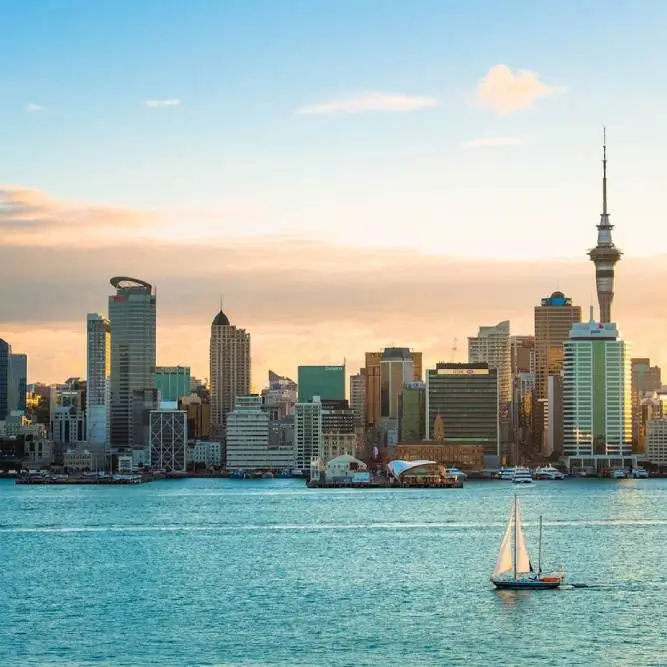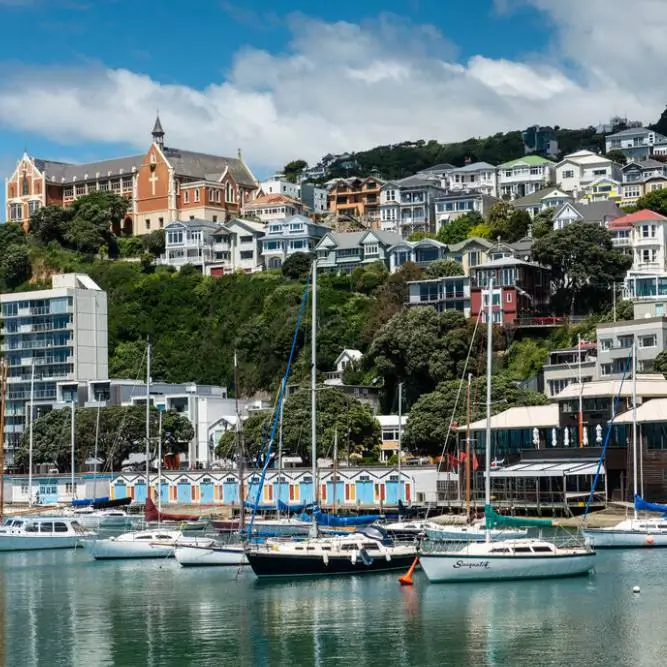For more details fill out this form, we'll quickly get back to you
Pre Arrival Support for Study in New Zealand
There are still many things to set up before your trip even when you have already paid for your tuition and obtained your visa. Tutel's pre arrival support for study in New Zealand can assist you with organising.
Our support package is available for a very reasonable price (additional discounts apply if you applied to study through us) and includes assistance with:
- Flight booking
- Medical and travel insurance
- Provide information about travel arrangements and give a NZ SIM card
- Transport between airport terminals
- New Zealand accommodation
- Welcome and orientation
If you opt for Pre-arrival visa services in New Zealand with Tutel, we can provide you assistance on the do’s and don’ts while traveling so that you can easily get on with comfortable flying.

Departure checklist
Here is a list of possible preparations you should make before departing. (Relying on how long you plan to stay and what you plan to do once your course is over.)
You must have
- Letter of Offer from the school/college
- Valid passport
- ID cards such as driver's license, aadhar card, etc
- Cash/ATM card
- Fees and accommodation payment receipts
- Laptop (if needed for your course)
- Internationally electrical adaptor for Australia/New Zealand
- Medication prescribed by your doctor. (You have to check whether it is available in New Zealand, and whether you can bring it with you legally.)
You should probably have
- Photos of family and home
- National outfit or costume (if you have one)
- Cell phone with roaming (or able to configure with NZ SIM card)
You might need to have
- Academic transcripts original documents
- Medical records

Banned & Restricted Items
Since New Zealand is an island country, we are fortunate to be free of many of the most dangerous pests and diseases in the world, and we make every effort to stop them from coming here. However, pests and diseases that can seriously harm New Zealand's environment and agriculture can be transported into the country in your luggage. Therefore, Pre-arrival visa services in New Zealand advices you to avoid bringing any food, animals, animal products, plants, or plant components. Even if not all of these are forbidden, it's simpler if you don't bring them.
Banned items
- Illegal drugs
- Medicines containing Pseudoephedrine
- Weapons
- Pornography
- Meat
- Fruits & Honey
- Products from Endangered species
Pets - leave them at home
Pet importation into New Zealand is a pricey and drawn-out process that frequently takes longer than six months. Only those who intend to settle permanently in New Zealand should think about bringing their pets
Health Services Eligibility
Please be aware that the majority of overseas students studying in New Zealand do not have access to publicly supported health services. You might be responsible for paying the full cost of any medical care you receive during your stay. Visit to determine whether you are eligible for publicly supported medical treatments.
Check your entitlement to publicly funded health services: http://www.moh.govt.nz/eligibility
Accident Insurance
All citizens, residents, and short-term visitors to New Zealand are covered by accident insurance through the Accident Compensation Corporation (ACC), however you could still be responsible for paying for all additional medical expenses and related expenses.
For further information, visit the ACC website http://www.acc.co.nz
Frequently Asked Questions
Homestays, residence halls, shared apartments, and private rentals are just a few of the housing options available to international students in New Zealand. Many educational institutions provide aid in locating suitable housing.
Although international students should be cautious of potential risks including earthquakes, sunburns, and water safety, New Zealand is typically a safe and healthy country. Governmental organisations and educational institutions can give guidance and information on being healthy and safe in New Zealand.
There are numerous methods to get ready for studying in New Zealand before you go, such as getting to know the people and culture, getting acquainted with the institution and programme you've chosen, and, if necessary, brushing up on your English.
Depending on the city or location, the type of housing, and the lifestyle, the cost of living in New Zealand might change. Estimates of normal living costs can be provided by educational institutions and governmental organisations to aid students in creating budgets.
In order to continue living and working in New Zealand after they finish their education, international students can apply for a post-study work visa. The degree of qualification attained and the field of employment will determine the duration and restrictions of this visa. Governmental organisations and educational institutions can provide details about post-study employment opportunities.
Popular Cities

Auckland

Christchurch

Dunedin



